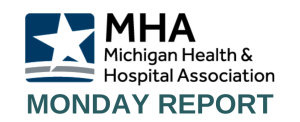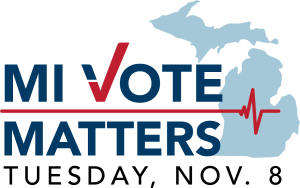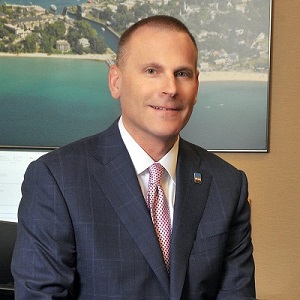The MHA Board of Trustees began its Feb. 8 meeting with a federal advocacy briefing from federal lobbyist Carlos Jackson with Cornerstone Government Affairs. Jackson highlighted the policy and funding threats and opportunities healthcare providers face under the new divided Congress and Biden administration, including possible provider cuts to address deficit reduction, programs affected by the expiration of the federal public health emergency declaration and ongoing pharmaceutical industry challenges to 340B drug pricing policies.
The board also examined several state advocacy initiatives to further the board’s strategic priorities focusing on financial viability, workforce wellbeing and restoration and the furtherance of efforts aimed at improving health equity and behavioral healthcare. The board supported pursing additional state funding for workforce security and pediatric psychiatric care, as well as an effort to maximize federal Medicaid matching funds. The board also directed the MHA to work with the MHA Health Equity Taskforce and the MHA Safety and Quality Committee to address health disparities through the development of tools for the transparent reporting of health equity performance measures.
In addition to advocacy efforts aimed at state and federal policymakers, the board continued to support the association’s ongoing partnerships with hospitals throughout the state to “tell our story” publicly about the challenges and opportunities healthcare organizations face and how hospitals can work together to advance the health of individuals and communities.
The board also received a report from the MHA Service Corporation, which included a spotlight of Endorsed Business Partner Merritt Hawkins, as well as a discussion of staff succession in light of the upcoming retirement of longtime Chief Operating Officer Peter Schonfeld at the MHA.
The board concluded with regional hospital council reports and an update from MHA CEO Brian Peters.
For more information about actions of the MHA Board of Trustees, contact Amy Barkholz at the MHA.


 Crain’s Healthcare Leadership Summit Features MHA and Hospital Leaders
Crain’s Healthcare Leadership Summit Features MHA and Hospital Leaders MHA Podcast Details Upcoming Election
MHA Podcast Details Upcoming Election MHA Race of the Week – Michigan Attorney General
MHA Race of the Week – Michigan Attorney General The Keckley Report
The Keckley Report
 MHA in the News
MHA in the News